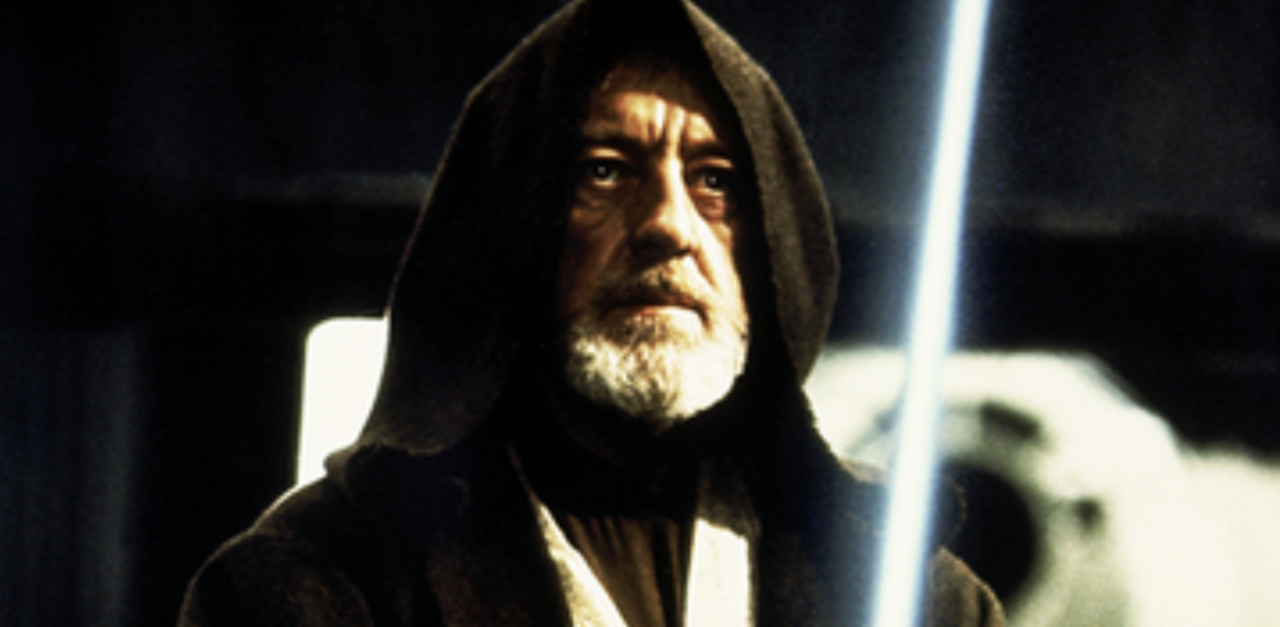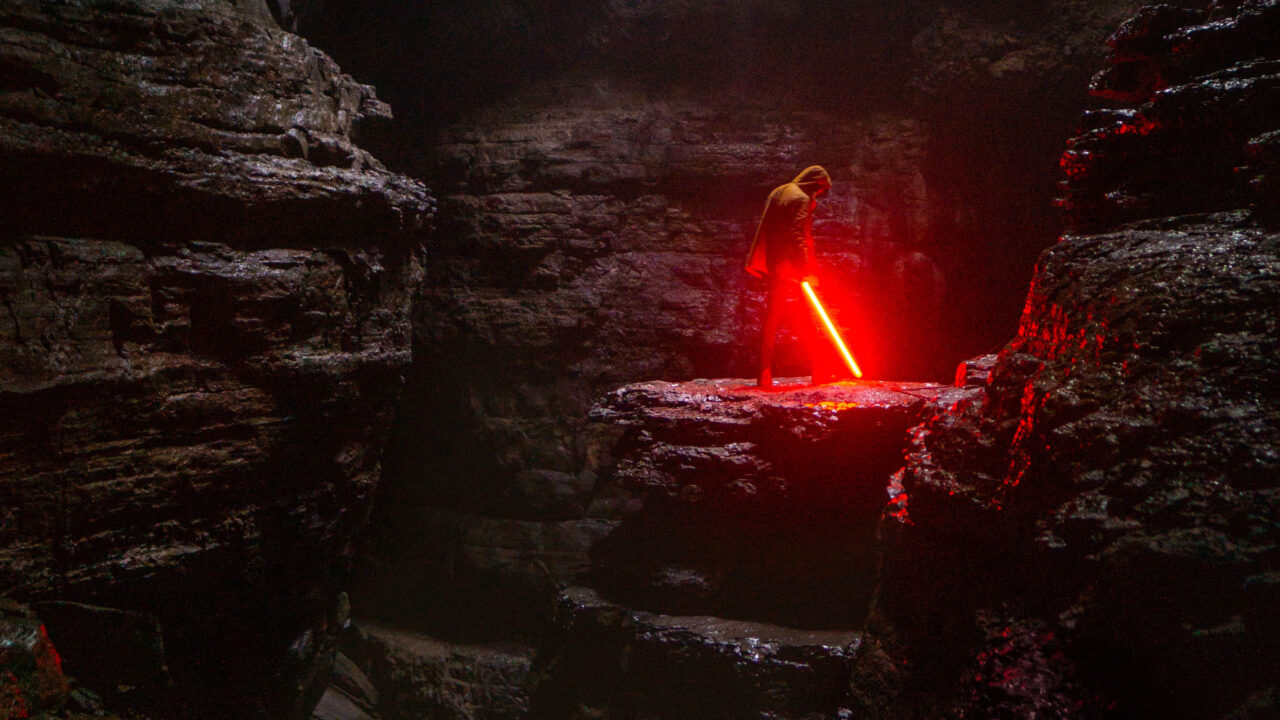After forty-five years’ consumption of Star Wars media, most people think they understand the series’ cosmology. They might not be able to tell a wampa from a dewback, but know that the Star Wars universe is governed by an inscrutable divine entity called the Force. They know that the Force has a light side and a dark side. And they know that the Jedi exist to keep those two sides in balance.
This cosmology is deeply flawed. It’s a tawdry mish-mash of Manichaeism, Taoism, and Buddhism that preaches a yin-yang dualism at the center of reality. Ultimately, it’s a worldview incompatible with Catholic Christianity.
But the good news is that it’s not an accurate representation of the series. As is often the case, pop culture falls short of the truth. The cosmology of the original Star Wars trilogy is far more nuanced, and a good deal more edifying, than the New Age-y fare of ironic Yoda t-shirts and Darth Vader memes.

Let’s start with what the original Star Wars movies don’t say. They don’t say that the Force is God. In A New Hope, Obi-Wan Kenobi describes the Force as “an energy field created by all living things” that gives Jedi knights mysterious powers. It “surrounds us and penetrates us,” but it is not the galaxy’s source, nor is it its governor. That doesn’t sound like a divine entity—it sounds more like the Eastern concept of “prana” or “chi” mixed with the magic of Arthurian folklore.
Another thing the Star Wars movies don’t say is that the Jedi are supposed to maintain balance between the light and the dark. On the contrary, Obi-Wan Kenobi says the Jedi are devoted strictly to “peace and justice.” And in Return of the Jedi, both he and Yoda urge Luke Skywalker to show his dark side-using enemies no mercy, even if it means killing his father. How that’s consistent with some sort of yin-yang dualism is beyond me.
So much for misconceptions. What does Star Wars say about the nature of reality and the universe?
For one, Star Wars portrays the universe as a battleground for good and evil, and it suggests that participating in that battle is a universal responsibility. For Luke, answering the call means leaving a simple farmer’s life to become a Jedi. For Han Solo, it means giving up his rapscallion’s independence to join the Rebellion. Either way, putting comfort aside for the sake of the common good is central to Star Wars heroism.

Star Wars also contains a dose of political philosophy. While relatively un-democratic—the Rebellion is led by a royal and seeks the restoration of a republic—the series is staunchly anti-totalitarian. In A New Hope, Princess Leia tells her imperial captors that “the more you tighten your grip, the more systems will slip through your fingers.” Her prophecy is vindicated when the Empire is defeated by ragtag rebel soldiers and fuzzy aliens. The message is clear: governments are incapable of total control, and when they attempt the impossible, they are doomed to fail.
Not everything Star Wars says is so commendable. A New Hope has a splash of 1960s Romanticism, exemplified by Obi Wan Kenobi’s exhortation to “trust your feelings.” And in The Empire Strikes Back, Yoda suggests that people are purely spiritual (Gnosticism!). But apart from these peccadilloes, there’s little cause for complaint.
I’ll end by observing one thematic thread in Star Wars—usually overlooked—which is positively Christian. In Return of the Jedi, Luke’s Jedi masters tell him he has no choice but to confront and destroy his father, Darth Vader. “He’s more machine now than man,” says Kenobi, excluding the possibility of redemption. Luke, however, is not so sure.

In The Empire Strikes Back, Luke’s disobedience is a sign of arrogance that costs him his hand and almost his life. But at the climax of Return of the Jedi, when Luke disobeys his masters by refusing to kill Darth Vader, it’s a sign that he has actually progressed beyond the wisdom of the Jedi tradition. By sparing his father, he helps achieve Vader’s redemption and prefigures the salvation of sinners.
In The Magic of Myth, author Mary Henderson describes this moment as the endpoint in the original trilogy’s progression from a Manichaean to an Eastern to finally a Christian cosmology. I’d like to think it’s proof that, for all the series’ flaws, there’s more to Star Wars than pop culture would have you believe.
